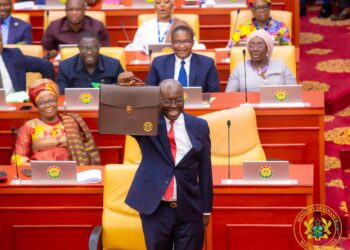The Roman Catholic Church is the biggest recipient of US Paycheck Protection Program, totaling over $3.5 billion.
The shocking figures was disclosed according to an analysis of government data by The Associated Press (AP) .
On Monday, the US Small Business Administration made public the companies and bodies it had awarded loans under the $659 billion Paycheck Protection Program.
3,500 loans were granted to Catholic entities at various levels including individual parishes and dioceses, as well as schools, the AP said. The total came to between $1.4 billion and $3.5 billion.
Despite loans not registered in the latest data, the religious body comes as a recipient of the largest coronavirus bail out.
Catholic bodies that received loans under $150,000 were not included in Monday’s list, which could further increase the total.
The scale of these loans was unclear, but the church’s Diocesan Fiscal Management Conference said on May 8 that 9,000 Catholic bodies had been awarded loans more than twice the number accounted for by the AP.

The DFMC, a group of the church’s financial administrators, said that 13,000 of the total 17,000 churches in the US applied for PPP loans.
For example, Catholic Charities USA was awarded 110 loans worth as much as $220 million, the AP said.
Bishop Lawrence Persico of Erie, Pennsylvania, told the AP: “I know some people may react with surprise that government funding helped support faith-based schools, parishes and dioceses.”
“The separation of church and state does not mean that those motivated by their faith have no place in the public square.”
80 organizations in Persico’s diocese received around $10 million in PPP loans, he said.
Religious groups are normally exempt from Small Business Administration loans, but a loophole was imposed after sustained lobbying in Washington, D.C.
A case of structural favouritism?
Micah Schwartzman, a University of Virginia law professor specializing in constitutional issues and religion who has studied the Paycheck Protection Program, told the AP: “The government grants special dispensation, and that creates a kind of structural favoritism.”
“And that favoritism was worth billions of dollars.”





















